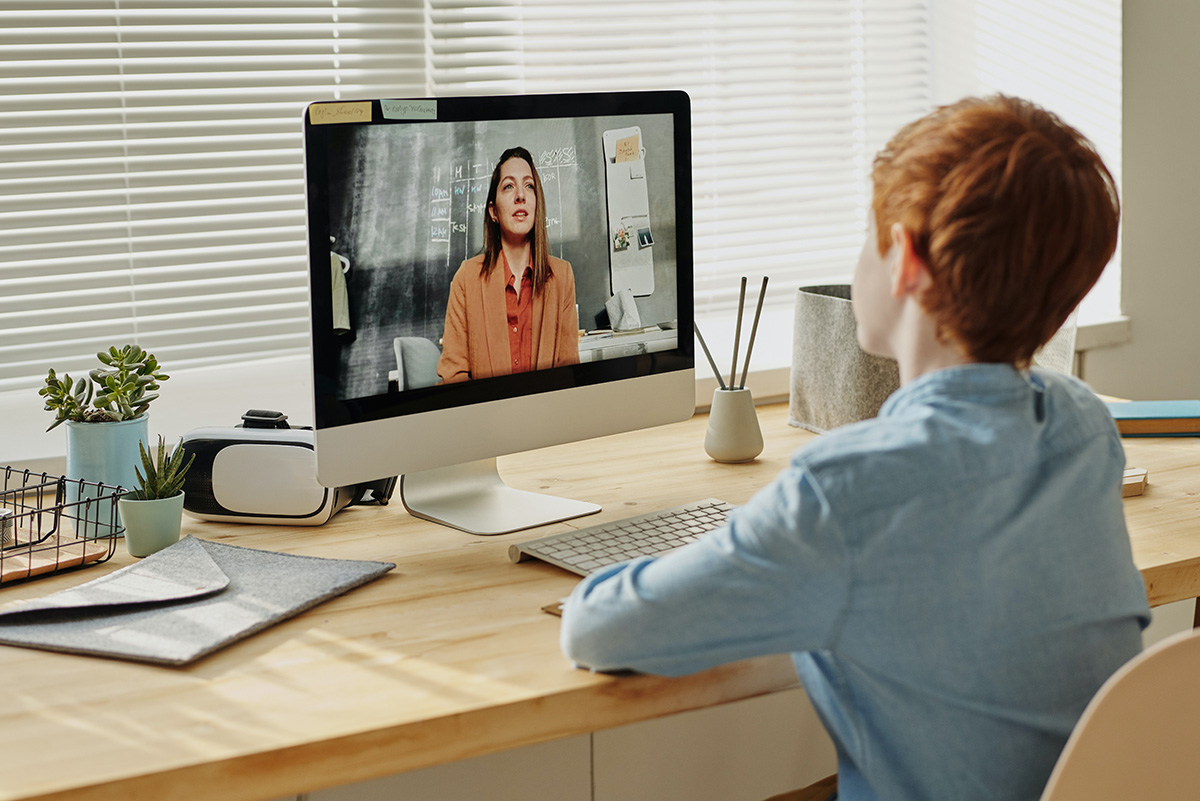At home learning strategies for people with PWS during COVID-19

A summary of a presentation to the Foundation for Prader Willi Research by Elizabeth Roof, Senior research specialist, Vanderbilt Kennedy Center, USA
The COVID-19 pandemic is causing disruption globally. There is almost no one left unaffected. Particularly challenging for those with PWS, where educational needs can be significantly different to those of a mainstream education, is how to continue to access schooling and other educational services now when the services that are being offered have drastically changed or in some cases, have ceased. Schooling from home in 2020 is vastly different to how home schooling might have been a generation, or even a decade ago, with the ability to set up on-line classrooms and to submit work and other tasks remotely. But even with these technological advancements, there are many challenges, not least juggling the demands of various family members as they conduct their daily lives from home. Here I summarise thoughts on learning from home from a presentation titled ‘At home learning strategies for those with PWS’ delivered to the US Foundation for Prader Willi Research by Senior Research Specialist, Elizabeth Roof of the Vanderbilt Center in the USA.
With education from home, one must remember that your home is not a school and most of us aren’t teachers. So, having realistic expectations of ourselves and our children is important. Most schools will also have realistic (reduced) expectations of what can be achieved in a home learning environment too.
Having a routine is critical. As most of us are aware, this is particularly important for those with PWS. The majority of the advice that has been broadcast about remote learning in the last few weeks advises a schedule as close to that of a normal school day as possible, meaning starting and ending the school day at the same times, having breaks at the same times, and ensuring breaks are taken, and for those who have different subjects during the day or week to continue with this practice as per the regular school timetable. Elizabeth Roof suggests that if it isn’t possible to have a timetable that matches a typical school day something that works for you and your child is better than something that satisfies one of you only. If only one of you is satisfied, ultimately both will be unhappy when things break down.
Designate a ‘school zone’ or ‘work zone’ at home if possible and be sure to prepare everything that is needed ahead of time so that disruptions can be minimised. For engagement and socialisation, face-to-face time is important, but not always possible. Elizabeth Roof emphasises that making the process of learning fun and encouraging some independence is crucial but can be difficult for parents without teaching qualifications. Using everyday tasks to teach is a good way of getting the children hands-on, which is really important for those with PWS. Examples of this are teaching counting and colours by doing laundry or practicing fractions by measuring quantities for a recipe or for feeding a pet. The benefit of this approach is that you can teach and do the chores at the same time, so you kill two birds at the same time.
Due to the changed environment it will be more difficult for individuals to learn new skills, so reteaching and reinforcing learned skills is a good way to build confidence. Taking learned skills and applying them to new situations is also good for this. Be sure to praise your child and reinforce good behaviour.
During break time involve your child in non-school activities such as cleaning, working on special projects or physical activity. As mentioned above, some of this can double as educational activities.
Most often those with PWS are more alert and attentive in the morning, so academic work should be undertaken before lunch for best results. The afternoon can be for physical education, other physical activity and other less academically strenuous work. Be aware of when your child has had enough and offer a distraction or end things to prevent behaviour changing for the worse.
Review each day with your child at its conclusion. Highlight what went well and why. Focus on these highlights and if something didn’t go well, don’t do it again or do it differently next time. If you find yourself running out of ideas of things to do, come up with new ways to do old things. Lastly, remember to look after yourselves! For more information on Elizabeth Roof’s presentation where you can find the webinar and the slides from the presentation.
